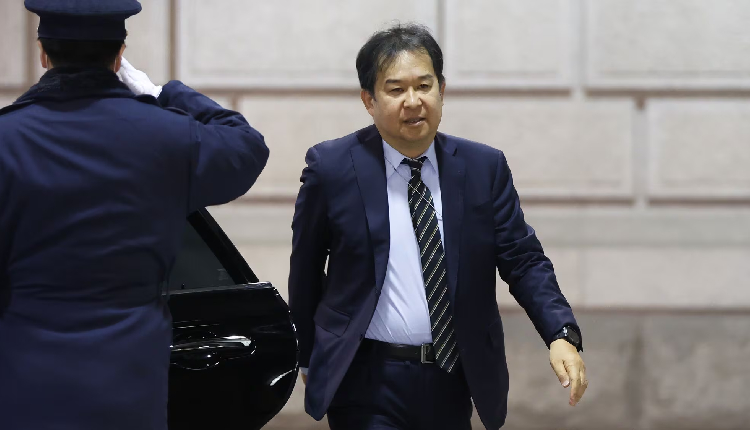Bank of Japan (BOJ) should gradually increase interest rates to avoid premature hikes, according to its policymaker Seiji Adachi on Wednesday. He cautioned that a stronger yen and weakening global demand could hinder inflation and wage growth.
Adachi stated that Japan’s economy is in a strong position to normalise its ultra-loose monetary policy, with solid economic performance and broadening price increases. However, he cautioned about potential economic uncertainties that warrant a cautious approach to raising interest rates.
He also noted the possibility of the yen strengthening further due to the US Federal Reserve’s rate cuts, which could lower Japanese import costs and dampen consumer inflation.
Additionally, there are concerns about whether Japanese companies will continue to increase wages next year, given global risks such as uncertainty surrounding the US presidential elections and slowing demand from China and the US.
“Given high uncertainty surrounding global developments, there is significant uncertainty over next year’s wage developments in Japan. We must carefully monitor the situation,” Adachi said in a speech.
The BOJ discontinued negative interest rates in March and increased its short-term policy rate to 0.25 per cent in July, believing Japan was on course to achieve the bank’s two per cent inflation target steadily.
While most economists surveyed by Reuters anticipate another rate hike by the BOJ by March next year, a slight majority do not expect a hike this year.
Adachi suggested that the BOJ should incrementally raise rates in multiple steps before reaching a sustained two per cent inflation level to avoid the need for sudden sharp hikes due to prolonged waiting. However, he emphasised the importance of the BOJ proceeding cautiously to prevent a relapse into deflation.
“Until underlying inflation sustainably and stably achieves our 2 per cent target, we must basically maintain an accommodative financial environment and raise our policy rate at a very moderate pace,” he said.
Attribution: Reuters
Subediting: M. S. Salama


